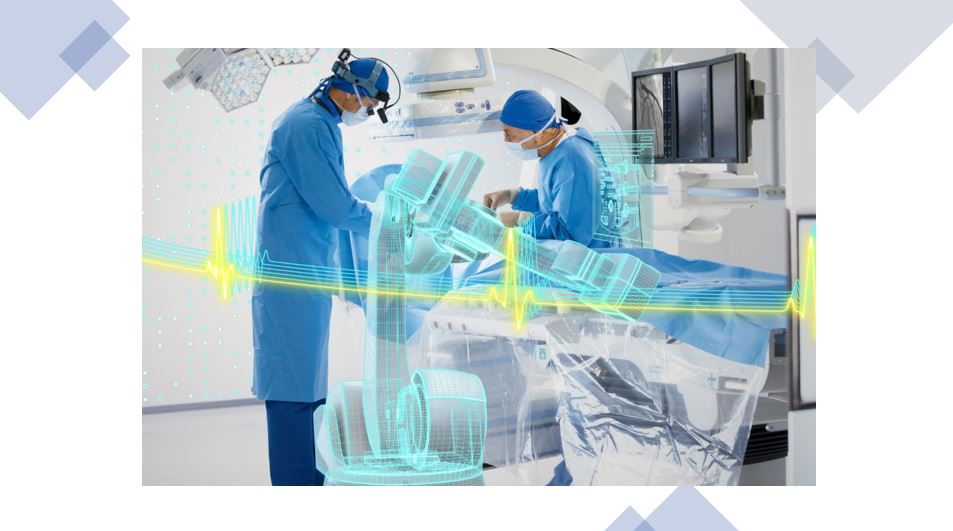News & Trends - MedTech & Diagnostics
TGA update on reclassification of medical devices

MedTech News: The TGA held consultations relating to the proposed reclassification of a number of categories of medical devices.
The consultations related to the implementation of the Australian Government Response to the Expert Panel Review of Medicines and Medical Devices Regulation (MMDR), in particular Recommendation 20 that prescribes that the regulation of medical devices in Australia, wherever possible, should be aligned with the European Union (EU) medical devices framework including in respect of the classification of medical devices.
There was broad support for the proposals to align the Australian classification of medical devices with the EU regulation on medical devices (Regulation (EU) 2017/745) (EU MD Regulation). For the majority of consultations, there was support for the proposed changes as outlined in each of the consultation papers. Some of the issues raised by respondents related to the lack of clarity in some EU classification rules, limited published material outlining the European Commission’s (EC) rationale relating to these rules, and the importance of consistency and accuracy when interpreting the rules. Respondents also offered useful feedback on implementation and transition considerations if the proposed changes were adopted in Australia.
Enhance corporate branding and boost thought leadership to attract and retain quality employees. How does your company culture and digital footprint measure up in the Australian Medical Devices industry? Get the benchmark report by contacting us.
For two of the consultations, relating to spinal implantable medical devices and accessories to active implantable medical devices (AIMD), there was a diverse range of views. The TGA therefore undertook further consultation with targeted respondents about the proposed classification changes and regulatory requirements for these groups of devices.
Following the targeted consultation, the classification rule for spinal implantable medical devices has been refined to clarify that an implantable medical device that is a motion-preserving device, such as a spinal disc replacement, or any implantable device that comes into contact with the spinal column, will be classified as Class III.
However, implantable instrumentation such as rods, plates, screws, cages, or hooks, which are intended to be used during spinal fusion surgical procedures, will continue to be classified as Class IIb. To ensure that there is transparency about specific devices being supplied under the Class IIb ARTG entries, sponsors will be required to provide information to the TGA about the product names of the devices that are supplied under the ARTG entry. In addition, a new requirement will be introduced that will result in new Class IIb inclusion applications being subject to audit.
Following post-consultation targeted discussions regarding accessories to AIMD, only long-term surgically invasive and implantable accessories to AIMD will be classified as Class III, rather than all accessories to AIMD (Note: implantable accessories to AIMD and active devices intended to control, monitor or directly influence the performance of an AIMD are already classified as Class III).
For the remaining four proposals, the regulatory amendments to align the Australian classification of medical devices with the EU MD Regulation will proceed. Some submissions to the consultations queried the scope of devices that are proposed to be reclassified.
The TGA will prepare guidance material that takes into consideration the issues and rationale that were submitted to the TGA to provide clarification about the scope of devices that will be reclassified as a result of the regulatory amendments. For example, some respondents to the consultation about active medical devices for therapy with integrated diagnostic function considered that due to the nature of the therapy, continuous positive airway pressure (CPAP) machines should remain classified as Class IIa. In this respect, TGA agrees with the rationale and risk-based assessment put forward by respondents and this will be reflected in the guidance material that will be prepared.
Where to from here?
The TGA has refined the proposals and the Government has endorsed the proposed changes. The Therapeutic Goods Legislation Amendment (2019 Measures No.1) Regulations 2019 was made on 12 December 2019, which amends the Therapeutic Goods (Medical Devices) Regulations 2002 to reclassify six (6) categories of medical devices, out of the seven (7) proposals. The regulatory amendments will come into effect on 25 August 2020 with a four-year transition period to the end of 31 October 2024. Further information about the Therapeutic Goods Legislation Amendment (2019 Measures No.1) Regulations 2019 is available at: Therapeutic Goods Legislation Amendment (2019 Measures No.1) Regulations 2019.
The TGA will continue to consult regarding the proposed medical device classification for storage solutions for human cells, tissues and organs, and IVF media in order to clarify the issues raised by respondents prior to considering regulatory amendments for this category of devices.
Register FREE to receive the latest industry news, innovations and insights from Health Industry Hub; the only one-stop-hub connecting Australia’s Pharma, MedTech and Biotech industry professionals and its key stakeholders.
News & Trends - MedTech & Diagnostics

AI-assisted colonoscopy boosts polyp and adenoma detection
MedTech & Diagnostics News: In a standard colonoscopy, as many as one-third of colorectal polyps and adenomas can go by […]
MoreNews & Trends - Pharmaceuticals

‘Every day of delay is costing Australian lives’, says Rare Cancers Australia CEO
Pharma News: Rare Cancers Australia (RCA) has voiced its disappointment alongside the pharmaceutical industry following the Pharmaceutical Benefits Advisory Committee’s […]
MoreNews & Trends - Pharmaceuticals

Government’s silence on Senate report leaves cancer patients in limbo
Pharma News: NeuroEndocrine Cancer Australia has urged the government to respond to the Senate report on equitable access to diagnosis […]
More